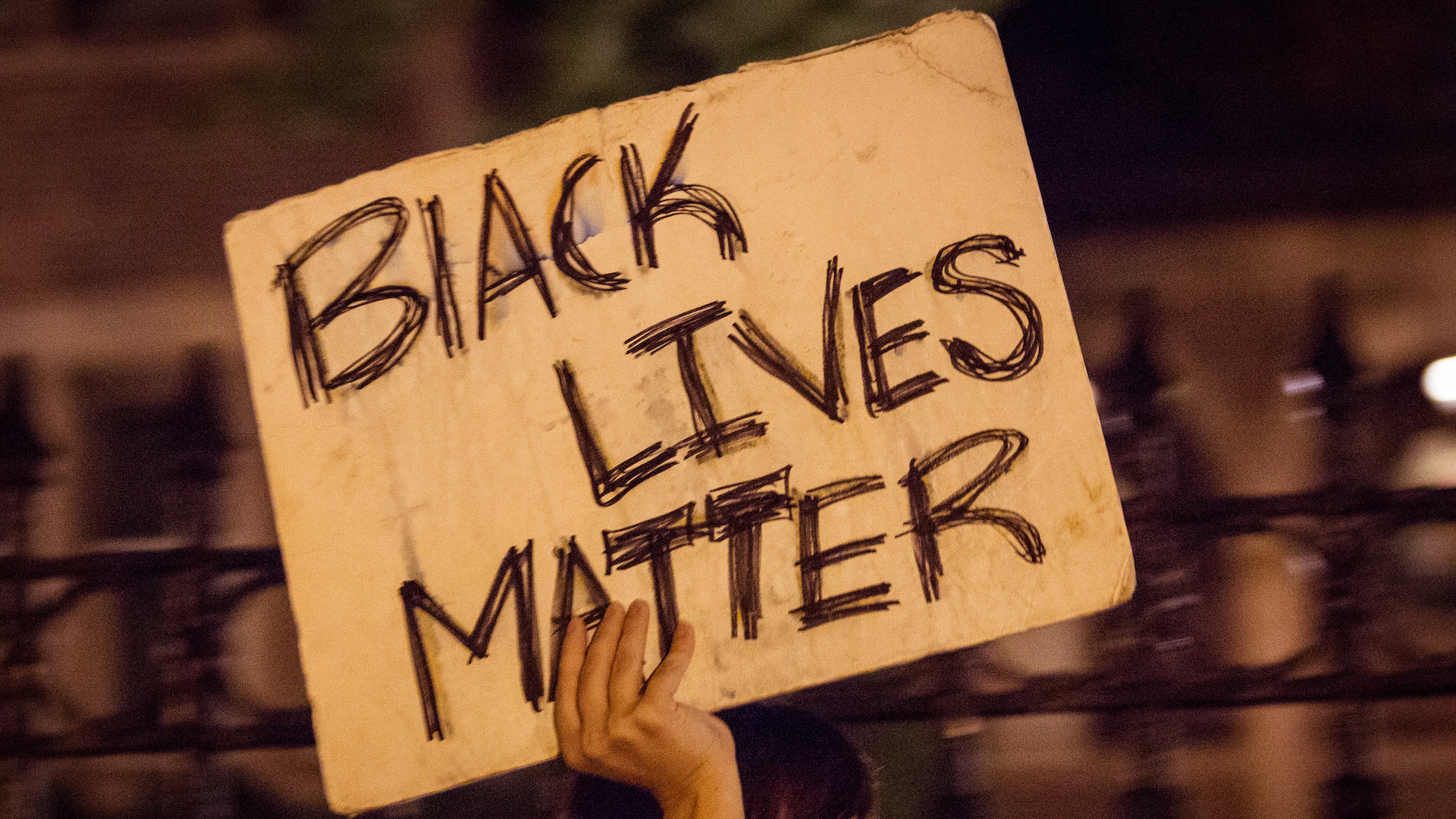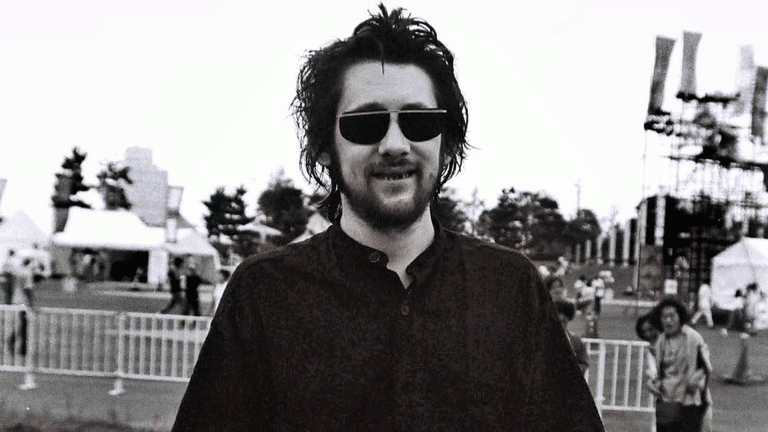On Sunday evening a TikTok video of West Ham’s Black defender, Kurt Zouma, physically abusing his pet cat went viral. The backlash from the general public, fellow footballers, club sponsors and media were swift and unequivocal. People phoned in to radio and TV shows saying they were sickened to the stomach.
The mood was summed up by former Liverpool and England goalkeeper Chris Kirkland who told TalkSport listeners that Zouma should be sacked and that if he was a current West Ham player, he would refuse to be in the same changing room. The following day Kirkland upped the ante, this time telling viewers of the BBC’s Breakfast Show that “this is worse” than racism.
Kirkland’s clumsy comparison and the public’s reaction shows us something interesting and rather uncomfortable about the continuing status of race and racism in sport and wider social life in Britain. First, it points to a long history of people of colour as considered equal to or worth less than animals in the White Western psyche, legal systems and foreign policies.
According to the pseudo-sciences that shaped European thought from the Enlightenment to the 20th century, White Aryan people were considered the most evolved race in terms of intellect, morality and character. Black people were considered the least evolved and as close to animals as they were humans. In 1787 the US amended its Constitution to classify Black people as only 60 per cent human. More recently, the UK government’s decision to redirect resources to rescue abandoned pets from Afghanistan came at the direct opportunity-cost of rescuing ‘Brown’ Afghan civilians.
On Twitter, Kirkland elaborated that he meant animals were “voiceless” and couldn’t defend themselves, adding that “racism goes without saying… is an absolute disgrace”. But this too points to a limited or reduced understanding of what racism is here, and among the general population.
For many, racism is understood to be either an intentional verbal abuse, name calling or obvious forms of aggression, like those directed to England players Saka, Sancho and Rashford on social media, or the brutal murder of George Floyd, respectively. This view minimises racism by failing to include other and arguably more pervasive forms of abuse and exclusion experienced by people of colour. These include structural forms of racism that typically manifest as potent barriers which shape where people can live or the types and levels of work they are able to access. In professional football, while Black players account for nearly half of the playing workforce, they make up less than one per cent of senior coaches and managers. Likewise, there still exists a near total exclusion of British-born South and East Asian football talent.









